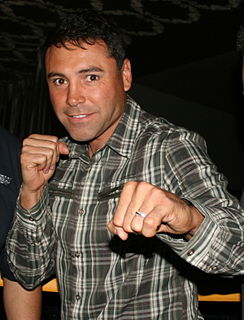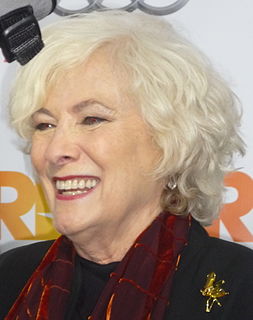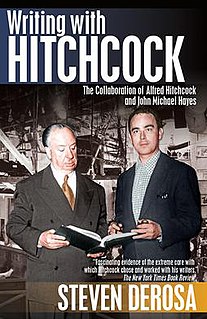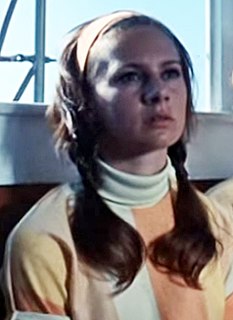A Quote by Oscar De La Hoya
Once, I was at a party...This was at a time when it seemed like I had everything. I was young. I was undefeated. I had money. I`d just moved into my own home. People at the party were laughing and having fun. And I missed my mother. I felt so lonely. I remember asking myself, `Why isn`t my mother here? Why are all these people around me? I don`t want these people around me.' I looked out the window and started crying.
Related Quotes
My father wasn't around when I was a kid, and I used to always say, 'Why me? Why don't I have a father? Why isn't he around? Why did he leave my mother?' But as I got older I looked deeper and thought, 'I don't know what my father was going through, but if he was around all the time, would I be who I am today?'
To me, acting used to be just, 'Get my face out there, get girls, make a little bit of money, make my mom proud.' It was just like sports. But there were moments in 'Moonlight' that I really felt like I had to know why he is the way he is. Or just people in general - why this person walks around with a frown on their face instead of a smile.
I learned early that crying out in protest could accomplish things. My older brothers and sister had started to school when, sometimes, they would come in and ask for a buttered biscuit or something and my mother, impatiently, would tell them no. But I would cry out and make a fuss until I got what I wanted. I remember well how my mother asked me why I couldn't be a nice boy like Wilfred; but I would think to myself that Wilfred, for being so nice and quiet, often stayed hungry. So early in life, I had learned that if you want something, you had better make some noise.
I didn't want to be looked at. I remember when I was six or seven asking my mom why people were looking at me. She said, 'They're looking at you because you're a beautiful little girl.' But I didn't believe her. And yet I put myself in a business where people have to look at you. I think I learnt to block it out.
My father is a cultural anthropologist and my mother ran an outpatient clinic and treated a lot of people who had been institutionalised. I was very fascinated with behaviour and criminology and why people do things that don't make any sense. I would probe my mother: "Why? Why would somebody do this?" And look for some causality between someone's mental state and their behaviour. I think it had a lot of influence on me.
That sucks, though," Wes said finally, his voice low. "You're just setting yourself up to fail, because you'll never get everything perfect." "Says who?" He just looked at me. "The world," he said, gesturing all around us, as if this party, this deck encompassed it all. "The universe. There's just no way. And why would you want everything to be perfect, anyway?" "I don't want everything to be perfect," I said. Just me, I thought. Somehow. "I just want—
Books can be possessive, can't they? You're walking around in a bookstore and a certain one will jump out at you, like it had moved there on its own, just to get your attention. Sometimes what's inside will change your life, but sometimes you don't even have to read it. Sometimes it's a comfort just to have a book around. Many of these books haven't even had their spines cracked. 'Why do you buy books you don't even read?' our daughter asks us. That's like asking someone who lives alone why they bought a cat. For company, of course.





































